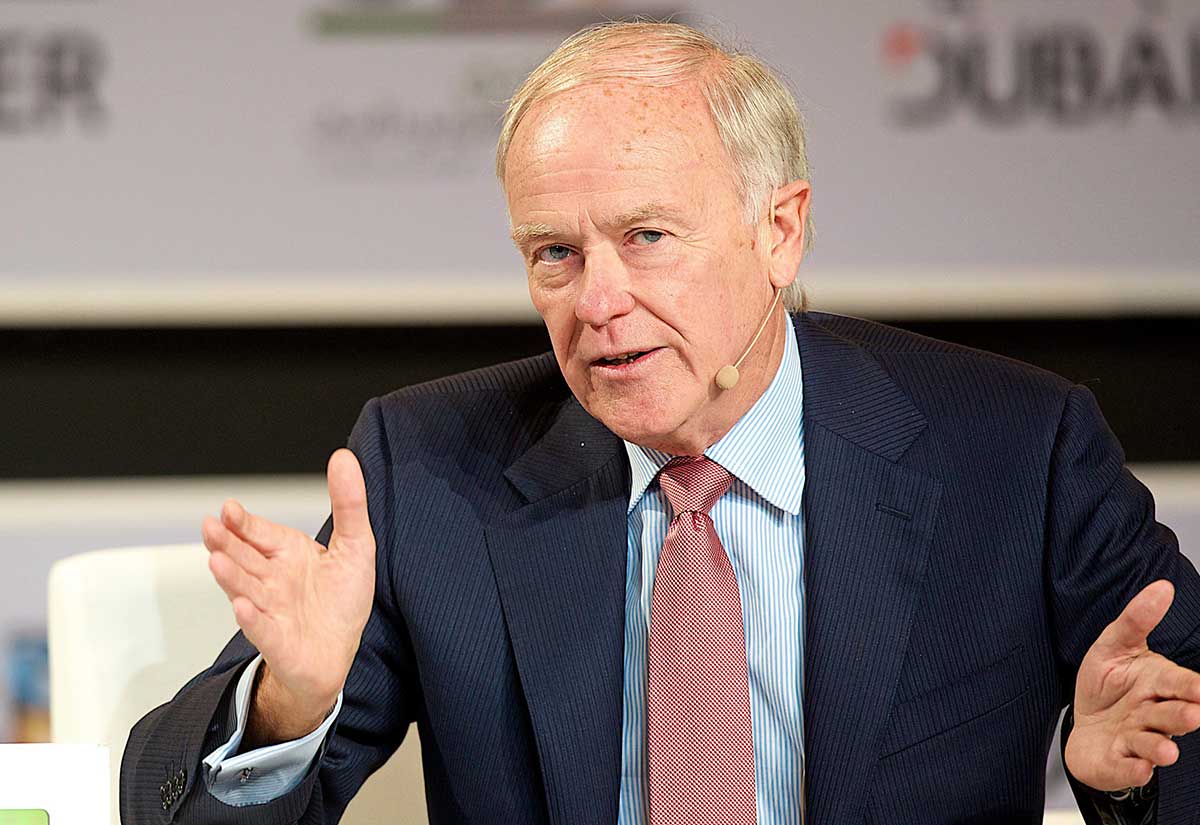It was no surprise last week that US President Donald Trump told the CEOs of the “Big Three” US airlines – American Airlines, United Airlines, as well as absent Delta Air Lines – to either file a complaint under the International Air Transportation Fair Competitive Practices Act of 1974 (IATFCPA) or stop their relentless, multi-million dollar lobbying campaign against Gulf carrier competitors such as Emirates Airline.
After all, in the past the Big Three have consistently relied on IATFCPA complaints filed with the US Department of Transportation (DOT) if they had international competitive concerns. This process is advantageous as complaints must be considered and acted upon on by DOT in an expedited 180 day schedule, and are carefully evaluated by DOT’s highly-experienced and professional staff.
We have always been confident in our factual responses to the Big Three’s demonstrably false claims, as detailed in our June 2015 allegation-by-allegation rebuttal. For years we have encouraged use of the IATFCPA process and we are not alone.
US airline and travel industry stakeholders including FedEx, JetBlue and US Travel have similarly always urged the Big Three to prove their allegations via an IATFCPA review.
We hope this ends an unfortunate chapter in international aviation and ushers in a new era of sustained competition and consumer choice
However, instead of following an established 180-day process, the Big Three pursued their four-and-a-half-year, multi-million dollar lobbying campaign to try to limit consumer choice and marketplace competition. They even went as far as publically refusing to file an IATFCPA complaint.
Today, after more than 1,600 days and tens of millions of shareholder dollars wasted, they are where they didn’t want to be.
President Trump’s message was clear: the Big Three need to finally begin the customary IATFCPA review, which they have been desperately avoiding.
Why are the Big Three so averse to using IATFCPA? To prevail, they must show they have suffered commercial harm as a result of the alleged unfair competitive conduct. Having collectively earned more than $40 billion in tax-free profits since starting their campaign in January 2015, it is extremely difficult to do so.
No threat to jobs
Similarly, US DOT Bureau of Transportation Statistics (BTS) data directly contradicts the other Big Three claim that Gulf carrier competition is an existential threat to US airline jobs.
BTS data shows the employee count at Delta, American and United has grown 9,516 (11.8 percent), 9,347 (9.5 percent) and 6,582 (7.8 percent) respectively, between 2015 and 2019.
Accordingly, they know an IATFCPA complaint will most likely be dismissed.
So far, this lack of candour has not been limited to commercial harm or job loss claims. As part of their anticompetitive and anti-consumer campaign, the Big Three have mischaracterised a 9 May 2018-dated side letter from the United Arab Emirates (UAE) government stating UAE carriers, as of the date signed, had “no current plans”, to begin new Fifth Freedom flights.
We have always been confident in our factual responses to the Big Three’s demonstrably false claims, as detailed in our June 2015 allegation-by-allegation rebuttal
The Big Three instead wrongly claim this constitutes an ongoing moratorium on UAE carriers adding future Fifth Freedom flights to the United States. Fifth Freedom flights allow carriers to operate between two separate foreign countries as long as the flight originates or terminates in the carrier’s home country. The US-UAE Open Skies agreement authorises Fifth Freedom flights, without limitation, by airlines of both countries.
Misrepresentation
This selective misrepresentation also ignores the clear and unambiguous words of a publically available US-UAE Record of Discussion signed on 11 May, 2018 that “all rights and obligations of which (the US-UAE Open Skies agreement) remain in force.”
In that Record of Discussion, the US government also notes that Emirates, for many years, has issued audited financial reports in accordance with internationally-recognised accounting standards – dealing a separate blow to the Big Three allegation that Emirates is subsidised.
Still, the pattern of selective misinterpretation continues. The Joint Statement of the Sixth US-UAE Economic Policy Dialogue signed in June 2019 specifically reaffirmed the “ongoing commitment of the United States and United Arab Emirates to fully maintain all aspects of their Open Skies relationship.”
Somehow, the Big Three afterwards interpreted these unequivocal words to indicate a continuing moratorium on UAE carriers launching new Fifth Freedom flights. Nothing could be further from the truth.
Facts regrettably have always been a stranger to the Big Three’s vocal protests. Now that President Trump has made clear the Big Three need to test their complaints via the IATFCPA process or drop them. We hope this ends an unfortunate chapter in international aviation and ushers in a new era of sustained competition and consumer choice.
Sir Tim Clark is President of Emirates Airline








